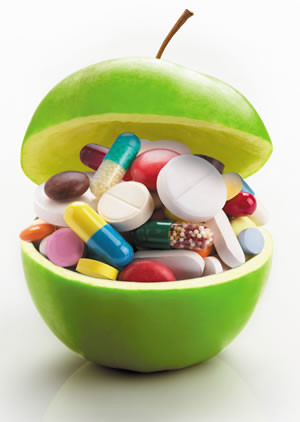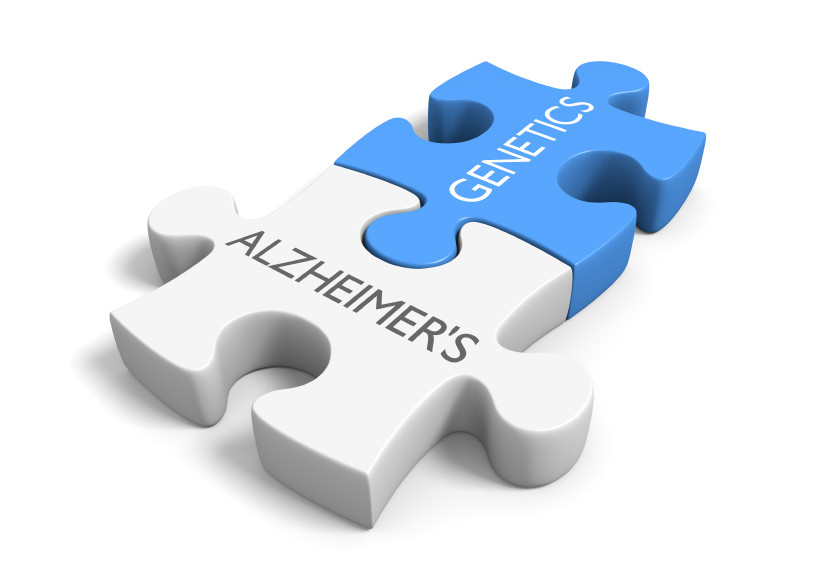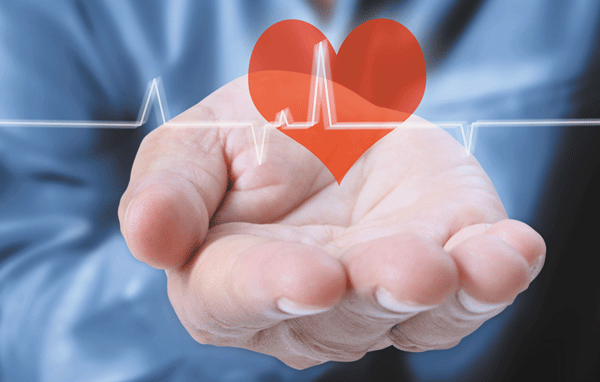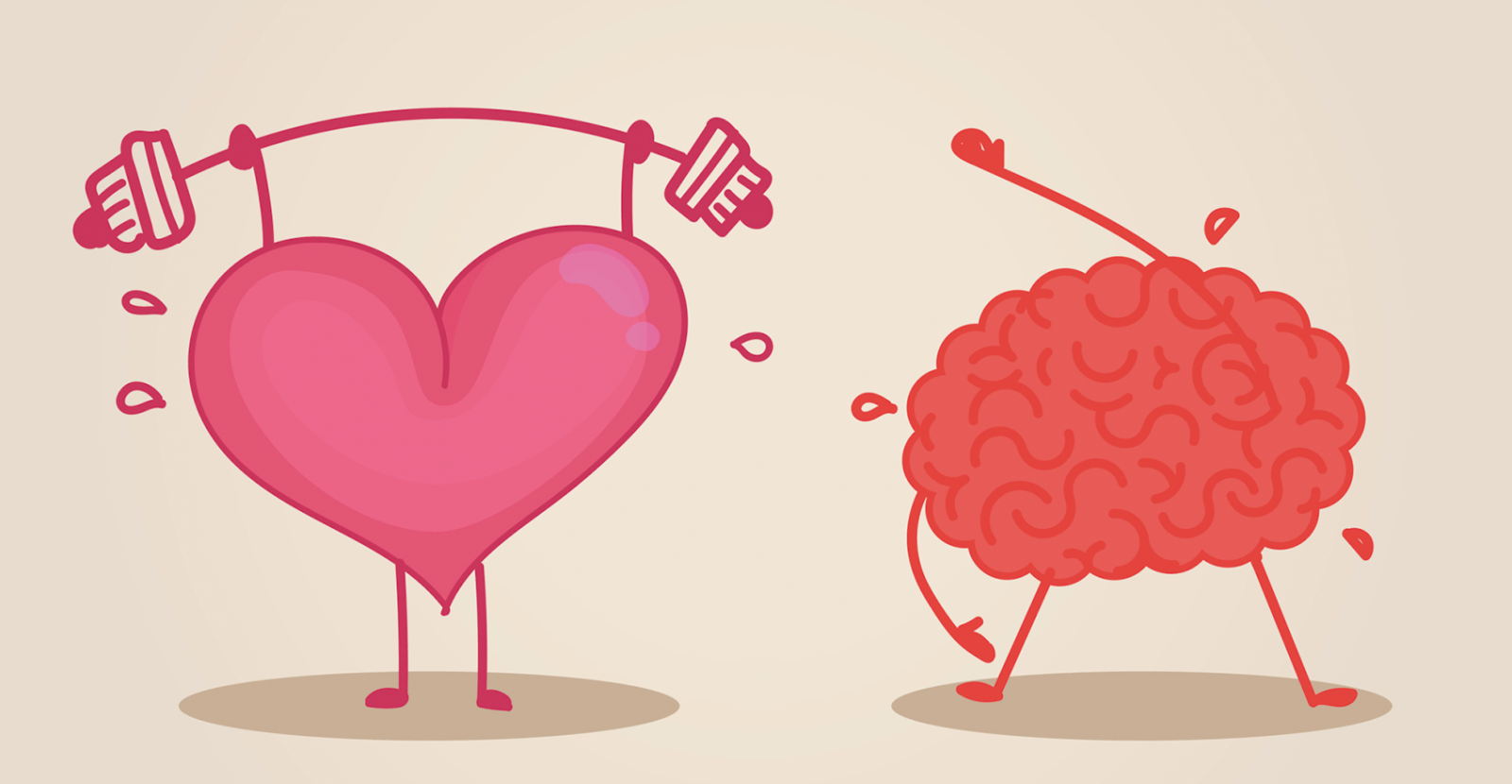
Respiratory health harms often follow flooding: Taking these steps can help

Tips to leverage neuroplasticity to maintain cognitive fitness as you age

Can white noise really help you sleep better?

Celiac disease: Exploring four myths

What is prostatitis and how is it treated?

What is Cushing syndrome?

Exercises to relieve joint pain

Think your child has ADHD? What your pediatrician can do

Foam roller: Could you benefit from this massage tool?

Stepping up activity if winter slowed you down
Heart Health Archive
Articles
Smart chocolate choices for a healthy heart
The advice to eat chocolate should be taken with a grain of salt.
Image: Leszek Kobusinski/Thinkstock
Like bees swarming a melting candy bar, the media buzz around the purported health benefits of chocolate has been hard to ignore. The possibility that such a sumptuous treat might actually be good for your heart is very sweet news, indeed.
But there's a lot more to this story that we need to understand before going hog wild in the candy aisle, says Dr. Howard Sesso, associate professor in the division of preventive medicine at Harvard-affiliated Brigham and Women's Hospital. "Simply recommending that people eat dark chocolate as a way of improving health is very misleading, since chocolate products tend to have a significant amount of fat, sugar, and calories." Instead, he and colleague Dr. JoAnn Manson are embarking on the Cocoa Supplement and Multivitamin Outcomes Study (COSMOS), a four-year trial involving 18,000 participants that is designed to tease out the intricacies of chocolate's health-promoting nutrients (www.cosmostrial.org).
Dietary supplements for cholesterol: Are any worth a try?
Various herbs and other supplements have been touted for their ability to improve cholesterol levels. Here's what the research shows — and doesn't show — about some of the best-known products.
Hawthorne. The leaves, berries, and flowers of this plant are used to make medicine that was traditionally used to treat cardiovascular diseases. It may lower cholesterol by increasing the excretion of bile and decreasing the body's production of cholesterol. Verdict: It may possibly help.
A twist on the genetic link between Alzheimer’s and heart disease
Although the two conditions seem unrelated, Alzheimer’s and heart disease actually share a genetic link. People who have a certain gene variant have both a somewhat elevated heart disease risk and a significantly elevated Alzheimer’s risk. Fortunately, a recent study has suggested that when people know they have this variant, they’re more likely to make healthy lifestyle choices that benefit their heart — and what’s good for the heart is good for the brain.
Be still, my beating heart
Heart palpitations can be alarming, but are they dangerous?
Do you ever feel that your heart is pounding, skipping, or racing so fast that you're certain it will explode from your chest at any moment? That's how many people describe the experience of heart palpitations. In the most literal sense, palpitations are simply an awareness of your heart beating, says Dr. William Stevenson, professor of medicine at Harvard-affiliated Brigham and Women's Hospital. The most familiar trigger for palpitations is heavy exercise, such as when you pedal extra hard to summit the last computerized hill in your indoor cycling class.
Skipping a beat
Although common, palpitations alarm many people, in part because they tend to come on unexpectedly. Isolated palpitations typically occur when a small rush of adrenaline courses through your body, causing your heart to beat more forcefully than usual. These surges can be generated by a strong emotion such as excitement, fear, or anger. They also can come on after consuming a stimulant such as caffeine.
The new federal dietary guidelines: Are they good for your heart?
When it comes to preventing cardiovascular disease, some experts feel the recommendations may not go far enough.
Image: Bigstock
Every five years, the U.S. government issues a new edition of the Dietary Guidelines for Americans, a report that "helps Americans make healthy choices for themselves and their families." But if you're concerned about having a heart attack or stroke, the advice in the latest update doesn't entirely agree with what many nutrition experts—as well as the American Heart Association—recommend.
We asked Dr. Walter Willett, professor of epidemiology and nutrition at the Harvard T.H. Chan School of Public Health, to share his thoughts about where the new guidelines may not be aggressive enough for people at risk for heart disease. Here's his advice on five dietary components of note.
What is a bicuspid aortic valve?
Ask the Doctor
Q. My primary care doctor referred me to a cardiologist, and I just found out that I have a bicuspid aortic valve. What does that mean for me?
A. The aortic valve sits between the heart and the aorta, the main artery from the heart that distributes oxygen-rich blood throughout the body. A normal aortic valve has three leaflets, or flaps, that open and close tightly to regulate the flow of blood. But between 1% and 2% of people are born with an aortic valve that has only two flaps, known as a bicuspid valve. This defect is twice as common in males as in females and often runs in families.
Too old for a stent?
Image: Thinkstock
Ask the Doctor
Q: I recently turned 86 and my angina is getting worse, even though I'm taking several different medications for it. Am I too old to have an angioplasty and a stent?
A: Not necessarily. During an angioplasty, a doctor threads a thin tube into a heart blood vessel and inserts a tiny mesh scaffold (called a stent) to keep the vessel open and restore blood flow. This can often improve chest pain, or angina. However, many studies of angioplasty haven't included large numbers of people over 80. That's primarily because older people tend to have more health problems than their younger counterparts, so including more elderly people in a study could skew the results.
A stronger heart may help keep your brain young
New findings link cardiovascular fitness to better thinking skills and memory in older people.
Image: Thinkstock
Exercise that speeds up your heart rate and breathing keeps your heart and blood better cardiovascular fitness to a sharper brain is providing new clues about this heart-mind connection.
"It's not just about delivering more oxygen to the brain, although that's part of it," says Dr. John Ratey, associate clinical professor of psychiatry at Harvard Medical School and author of Spark: The Revolutionary New Science of Exercise and the Brain. Having a fit, healthy cardiovascular system also protects against vascular dementia, which happens when blood vessels feeding the brain are blocked or narrowed, leading to memory problems and other cognitive trouble.
Cancer survivors may face cardiovascular complications
Even the newer, targeted cancer therapies may harm the heart.
Image: Bigstock
About 14 million people in the United States are living with cancer, a number that reflects the steady rise in cancer survivorship in recent decades. In 1980, only about half of people with cancer lived five years after diagnosis. Today, five-year cancer survival rates are greater than 70%.
Unfortunately, many cancer-suppressing treatments can have undesirable effects on the heart and blood vessels. The increasing awareness of these effects—coupled with the surge of older people being diagnosed with and surviving cancer—has spurred a new specialty known as cardio-oncology. Experts in this burgeoning field focus on promoting heart health in people with cancer, both during and after their treatment.
Caffeine unlikely to trigger palpitations in healthy people
Drinking caffeinated coffee or tea may help you feel more awake and alert. But for healthy people, it probably won't cause palpitations—a noticeably strong, fast, or irregular heart beat. That's according to a new study of nearly 1,400 older adults in the Jan. 26, 2016, Journal of the American Heart Association.
Researchers relied on data from food questionnaires and Holter monitors, which recorded each participant's heart rhythm for a 24-hour period. About 60% of the people in the study said they consumed more than one caffeinated product (coffee, tea, or chocolate) a day. People who consumed more of those products were no more likely to have palpitations than those who imbibed less, the authors found.

Respiratory health harms often follow flooding: Taking these steps can help

Tips to leverage neuroplasticity to maintain cognitive fitness as you age

Can white noise really help you sleep better?

Celiac disease: Exploring four myths

What is prostatitis and how is it treated?

What is Cushing syndrome?

Exercises to relieve joint pain

Think your child has ADHD? What your pediatrician can do

Foam roller: Could you benefit from this massage tool?

Stepping up activity if winter slowed you down
Free Healthbeat Signup
Get the latest in health news delivered to your inbox!
Sign Up










